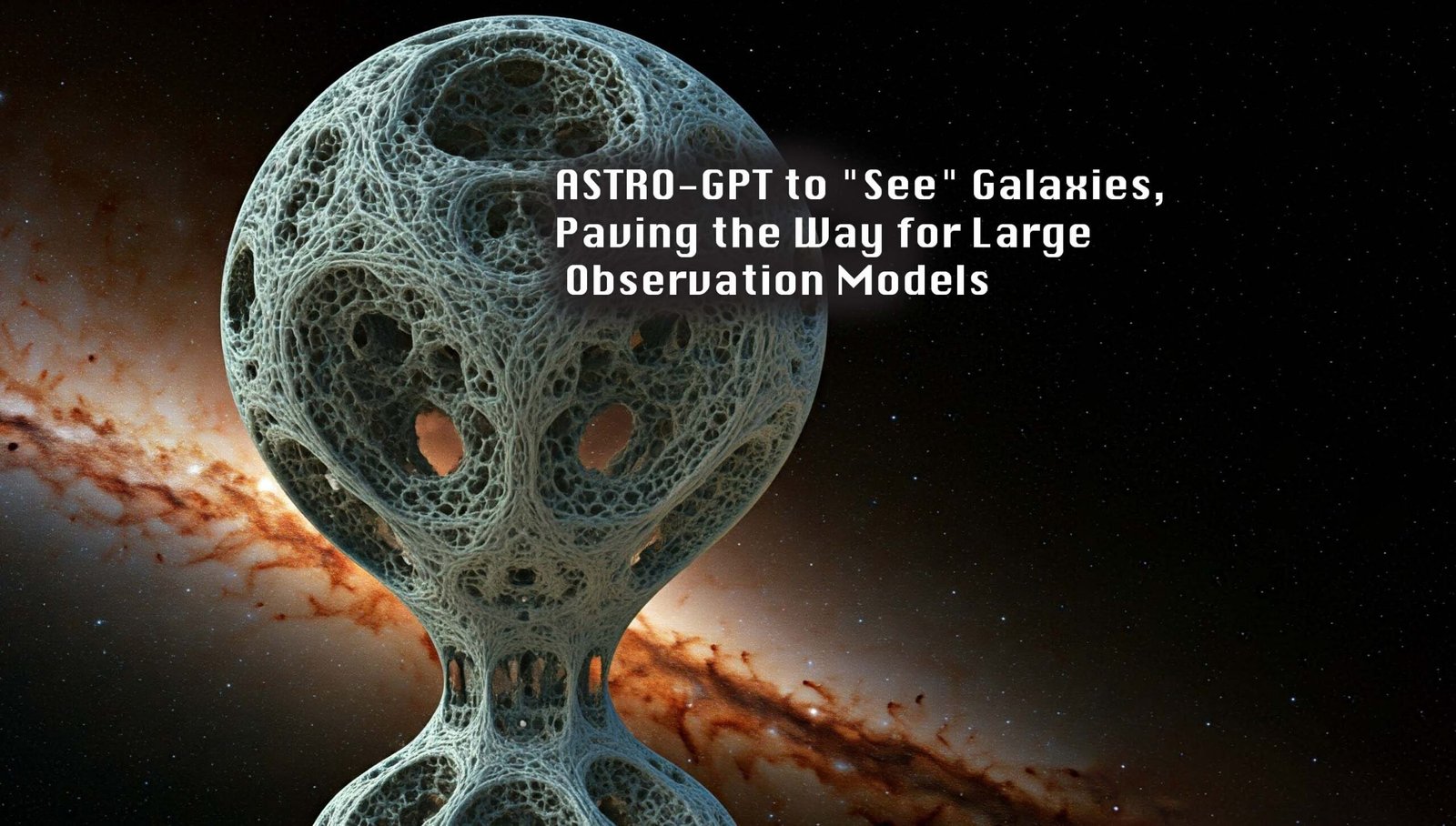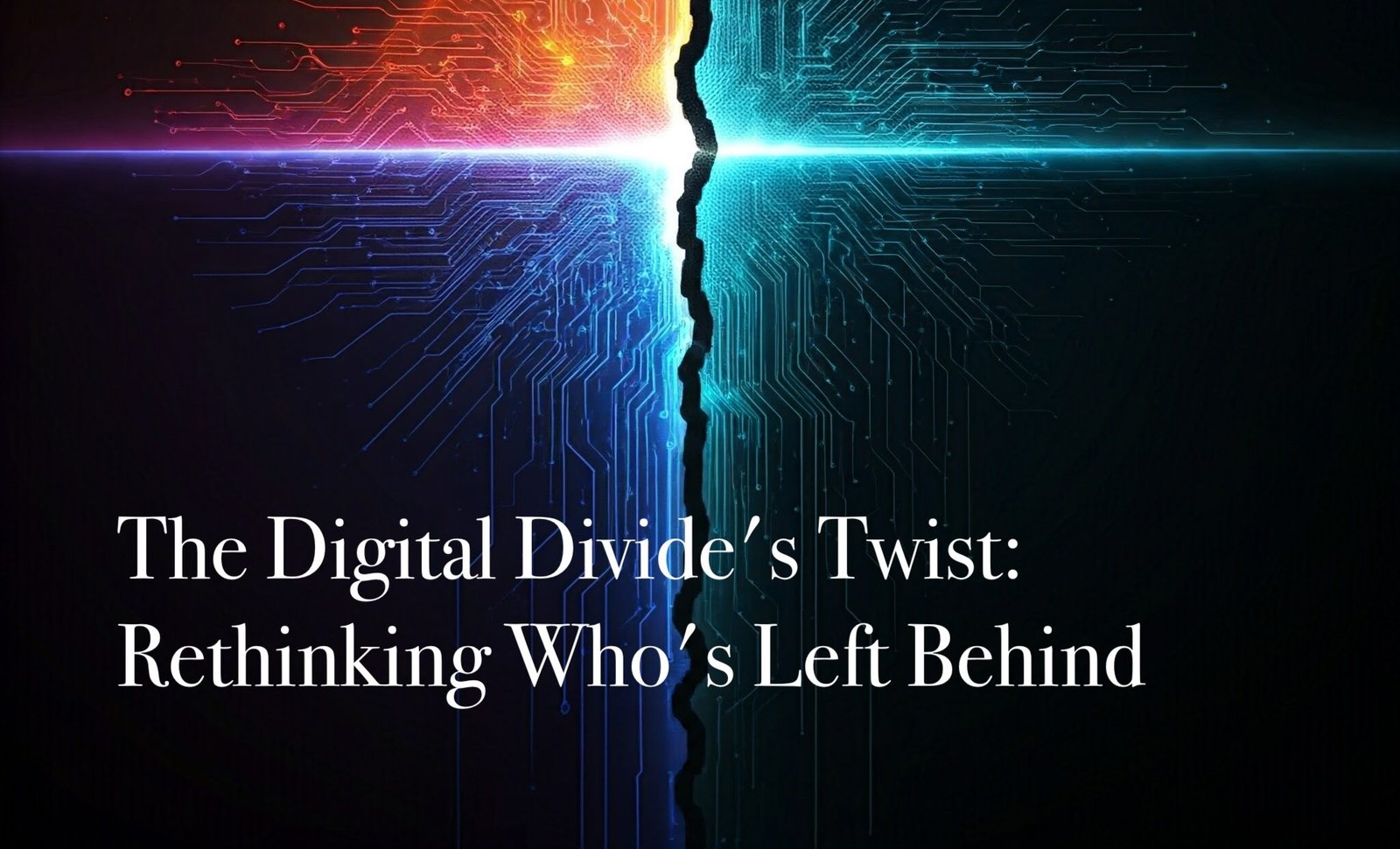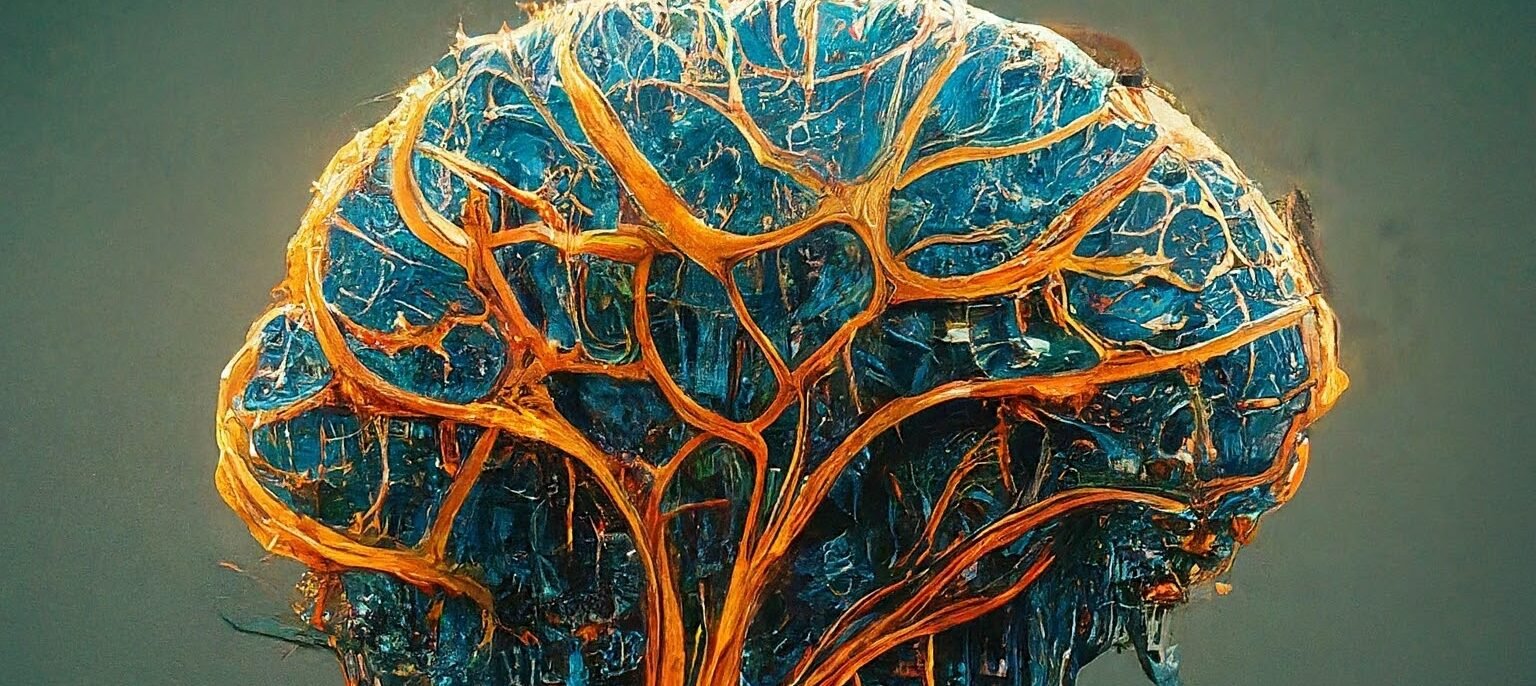“With great power comes great responsibility.” This adage rings especially true in the rapidly evolving field of artificial intelligence (AI). As AI unleashes unprecedented creative and cognitive capabilities, it becomes crucial for us, as a responsible species, to establish accountability as a fundamental principle in this domain.
Researchers have conducted in-depth analyses of the concept of “accountability” within the realm of AI. They argue that accountability is essential for the governance of AI systems, especially given the increasing delegation of decision-making tasks to these technologies. This article explores key themes, definitions, and frameworks related to accountability in AI, highlighting its multifaceted nature.
Defining Accountability in AI
Accountability serves as a foundational element in the governance of AI systems. As AI becomes more integrated into decision-making processes, ensuring these systems operate fairly and transparently is crucial. However, accountability is a complex term that can lead discussions into uncertain directions if not properly defined.
A structured definition of accountability revolves around the relationship between an agent (A) and a forum (F). In this context, an agent must justify its conduct to a forum that supervises and evaluates its actions. This relationship is characterized by:
Authority Recognition: The mutual acknowledgment between the principal (P) and the agent (A) regarding the delegation of tasks.
Interrogation: The scrutiny that A faces from F, distinguishing accountability from mere moral responsibility.
Limitation of Power: Constraints on A’s actions to prevent arbitrary decision-making.
These elements collectively contribute to a robust understanding of what accountability entails within socio-technical systems like AI.
The Appeal of AI
The enthusiasm surrounding AI’s potential to enhance productivity and objectivity has led to a vision of AI as a solution to various constraints, including time limitations, budgetary restrictions, and cognitive biases. Researchers have categorized these visions into four distinct roles for AI:
Oracle: Digesting vast amounts of scientific literature to help researchers navigate the overwhelming volume of published work.
Surrogate: Replacing traditional data collection methods by simulating human participants or generating synthetic data.
Quant: Analyzing large datasets that exceed human analytical capabilities to extract meaningful patterns.
Arbiter: Addressing challenges in the peer review process by preliminary screening submissions and assessing reproducibility.
Sociotechnical Approach to Accountability
A sociotechnical perspective in analyzing accountability in AI systems recognizes that technology does not operate in isolation but interacts with social norms, values, and practices. By integrating this perspective, policymakers can better understand the complexities surrounding accountability in AI deployments.
As AI technologies evolve and their applications expand, establishing robust accountability mechanisms will be crucial for ensuring ethical governance and maintaining public trust in these systems.
Epistemic Risks Associated with AI
Despite the promising visions for AI’s role in scientific research, researchers have cautioned against a naive embrace of these technologies that could hinder scientific understanding:
Illusions of Understanding:
Illusion of Explanatory Depth: A forum(user) may believe they possess a deeper understanding than they actually do due to oversimplified interpretations provided by AI.
Illusion of Exploratory Breadth: A forum(user) might mistakenly think they are exploring a wide range of hypotheses when they are actually limited by the capabilities of the AI tools they use.
Formation of Scientific Monocultures: The adoption of specific AI methodologies may lead to a dominance of certain perspectives or approaches within scientific disciplines, potentially stifling innovation and marginalizing alternative viewpoints.
As society, including researchers, increasingly adopts AI tools, it is imperative to remain vigilant about these challenges and strive for responsible practices that promote diverse methodologies and critical engagement with technology. While acknowledging AI’s potential to enhance productivity and objectivity, we must also be aware of the significant epistemic risks that could undermine scientific understanding.
To address these concerns, awareness and education are crucial. This includes understanding how AI tools operate, recognizing their inherent biases, and engaging with ethical discussions surrounding AI use in research. Issues such as algorithmic bias, transparency, and accountability must be at the forefront of these discussions.
By approaching AI implementation thoughtfully and responsibly, we can harness its potential while avoiding the pitfalls that could hinder knowledge production rather than enhance it. As we continue to navigate the complex landscape of AI in research and decision-making, maintaining a balance between innovation and critical evaluation will be key to ensuring that AI truly serves the advancement of human knowledge and understanding.
References:
Other Posts:
Tech Review
The Top 5 YouTube Channels for Learning Coding: A Comprehensive Review
10/1/2024
Here, we explore the top five YouTube channels for coding, examining their strengths and weakness...
Read MorePhysics
Richard Feynman’s Quantum Leaps and Carnival Beats: Dared to Make Science Fun
10/6/2024
Feynman’s contributions to physics were groundbreaking and far-reaching. He is best known f...
Read MoreArtificial Intelligence
Is Artificial Intelligence Accountable Enough for what it generates?
10/4/2024
The enthusiasm surrounding AI’s potential to enhance productivity and objectivity has led t...
Read MoreComprehensive Overview of Meta’s VR : Orion Lunch
9/28/2024
On September 25, 2024, Meta took center stage at its highly anticipated annual Connect event, unv...
Read MoreElon Musk’s Remarks at All-In Summit 2024: Free Speech, Government Efficiency, and AI
9/20/2024
Elon Musk’s recent remarks at the All-In Summit 2024 have sparked considerable discussion r...
Read MoreLinus Torvalds on LLMs: Balancing Innovation and Caution in Software Development
9/18/2024
Linus Torvalds, no stranger to technological revolutions, approaches LLMs with a blend of optimis...
Read MoreScience
Researchers Re-Construct it all : Climate Change in Ancient Rome was REAL
9/28/2024
between 200 BCE and 600 CE there was a climate change due to the changes in society and other fac...
Read MoreThe Digital Divide’s Twist: Rethinking Who’s Left Behind
9/20/2024
Digital Divide, some findings aligned with expectations. Rural areas, for instance, were associat...
Read MoreMachine Learning
ASTRO-GPT to “See” Galaxies, Paving the Way for Large Observation Models
9/23/2024
Researchers have developed a new artificial intelligence model called AstroPT that can learn mean...
Read More










